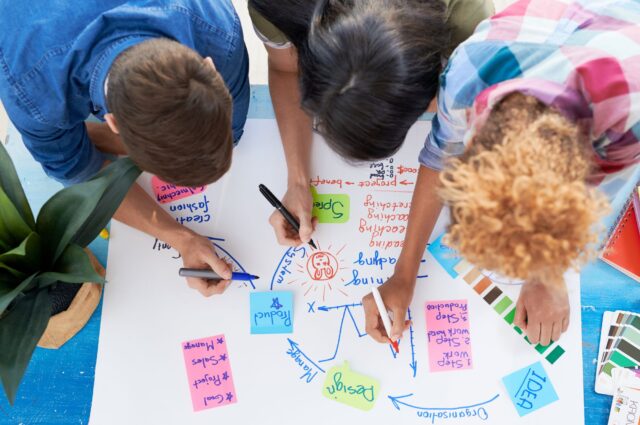Project-Based Learning: Developing 21st Century Skills through Real-World Challenges

About Course
Are you ready to revolutionize your teaching and empower learners with the skills they need to thrive in the real world? This course explores the dynamic and engaging method of Project-Based Learning (PBL)—a transformative approach that merges academic knowledge with practical application. Instead of memorizing facts, students work collaboratively to solve authentic, real-world problems, sparking creativity, critical thinking, and innovation. Through this course, educators and facilitators will discover how to cultivate future-ready learners equipped with the tools to succeed in a rapidly evolving global landscape.
Participants will explore the foundations of PBL, dive into practical strategies for classroom implementation, and examine how this approach builds essential 21st-century skills such as communication, collaboration, problem-solving, and digital literacy. You’ll also gain insights into effective assessment techniques and how to align real-world challenges with academic standards. Whether you’re new to PBL or looking to deepen your understanding, this course will inspire you to create meaningful, student-centered learning experiences that leave a lasting impact.
Course Content
Introduction
Explanation of project-based learning
00:00Importance of 21st-century skills
00:00Real-world challenges and their impact on learning
00:00